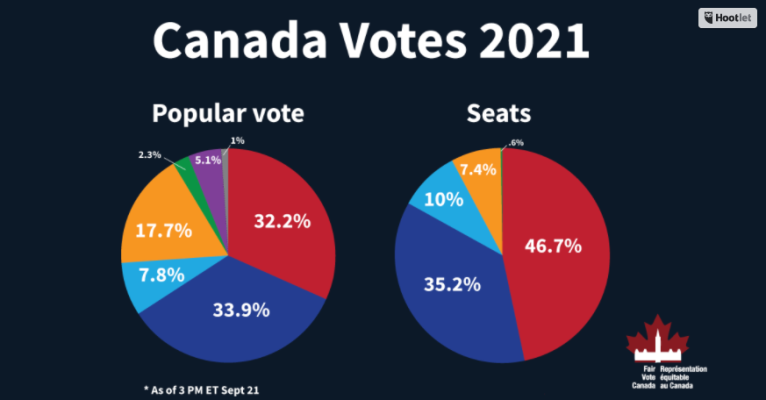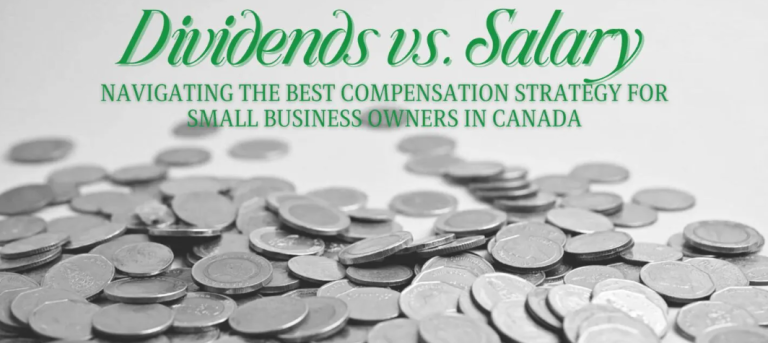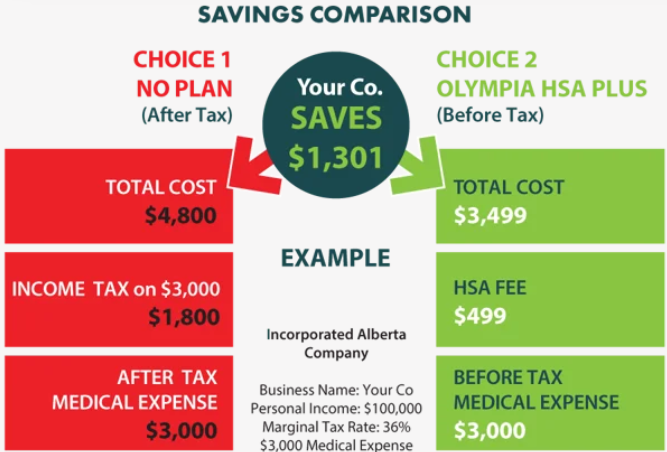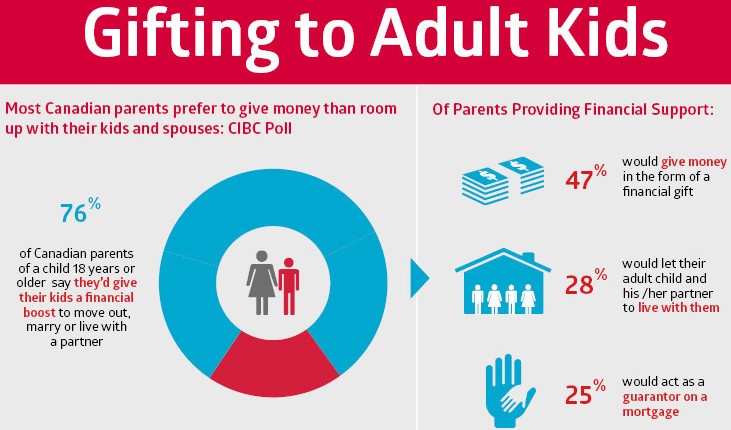There is a Referendum happening in BC and the voting ends on Nov. 30th. The goal of this is to eliminate what some believe, is the unfairness of our existing and long running voting system of “First Past The Post” (FPTP).
With our current system, the person who gets the most votes wins, simple. But of course, every time we have an election you get a cry from the people saying, “he/she only got 43% of the vote. That means, more people voted for someone else”. I’ve been reading this kind of complaint recently, over and over again, mostly relating to the outcomes of the civic elections around BC.
You too may be frustrated with the fact that the government is voted in with less than 50% of the popular vote. But, let’s look at the Green Party in BC. They garnered only 9% of the popular vote and yet that very small 9% controls much of what John Horgan and the NDP is doing. 9% and they have more control than the Liberals do, who ironically got more votes than both those parties did.
Then there is complexity in how Pro Rep works. There was a booklet mailed out to all BC voters explaining how Pro Rep and its 3 proposed options within it, work. Have you tried reading it? Do you think the marjority of people voting, will try understanding it? Do you think most can, without much effort? I say “effort” because consider, many don’t even make the effort to walk to a polling stationg. If not, how can one be expected to vote on something they have no idea how it works? The answer by the government is, “Trust us. We’ll figure it out after you vote”. Should I?
Despite that though, there are a lot of countries that have ProRep. In fact, the majority of countries around the world have some kind of Pro Rep system. They don’t use our FPTP or “winner take all”. The only ones that still do are the US, UK, Canada, Australia, France & Ghana. Some have a mix of both FPTP and Pro Rep. Those are Taiwan, S. Korea, Japan and Lithuania.
Learning from other countries experiences, their successes and their failures, is definitely a good way to determine which way to go in many policy decisions however, to do it in a haphazard and rushed fashion such as this to me is bordering on reckless. As well, just because everyone else is doing it, doesn’t mean we should too. I’m in the investment business and big red flags go up for me all over when I hear this.
With PR you get a lot of extremist parties, so they say. Without PR you get more of chance to have an extremist Trump like person in power, so they say. However, today, if you don’t agree with the majority point of view, despite having rational reasoning on why you don’t, you are often called extremist, which makes me quite cynical on who could potentially be labelled as such.
Frankly, this last point, I believe is the most telling. I read an article in a Kamloops paper that says, If you want to see a reason to Vote FOR Pro Rep, see who is against it. I think that statement actually shoots Pro Rep in the foot or rather, in the leg, hitting a major artery. Yes, the Liberals are pushing hard against Pro Rep but so are Bill Tielman (staunch NDP supporter), Ujal Dosanj ex-NDP party leader, Glenn Clark ex-BC Premier (NDP) as well as, Bob Plecas who served as Deputy Minister in both the NDP and Social Credit governments in BC. In other words, there is a much broader mix of ideological backgrounds against Pro Rep, than for it. This is really unusual and healthy. I’d say that alone is a good reason for sticking to our existing system, at least for now.






